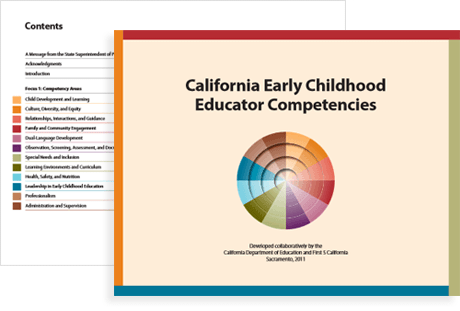We each bring our experiences, perspectives, and worldview to our work — the good, the bad, and all of the in-between. These are what make us who we are and influence our practice with children, families, and colleagues. We also hold in our minds a picture of our ideal selves. Knowing more about yourself can pave the way to becoming the person and the early educator that more closely matches your ideal self. This first Key to Reflection and Inquiry can help you become more self-aware and intentional in examining who you are now and who you want to become.

Knowing how you respond to different types of play is important as it informs so many aspects of curriculum development, your environment and interactions. Knowing how you respond to different types of play is important, as it informs so many aspects of curriculum, your environment, and interactions. Understanding your preferences and biases may help you to be reflective when making choices for children.
As you view these images of children at play, reflect on and respond to the questions below.
Use this template to record your observations, thoughts, and feelings. Download the Template
Review Performance Area 1 to deepen your understanding of the expectations for facilitating child development and learning. Look at the topic on Developmental domains in the CA ECE Competencies. Scroll to page 15.
Can you find other places in this competency area that address these questions?

Read the article, "Changing Ourselves, Changing Our Programs" by Margie Carter, to consider changes you might want to make in how you approach the job of administrating and supervising.